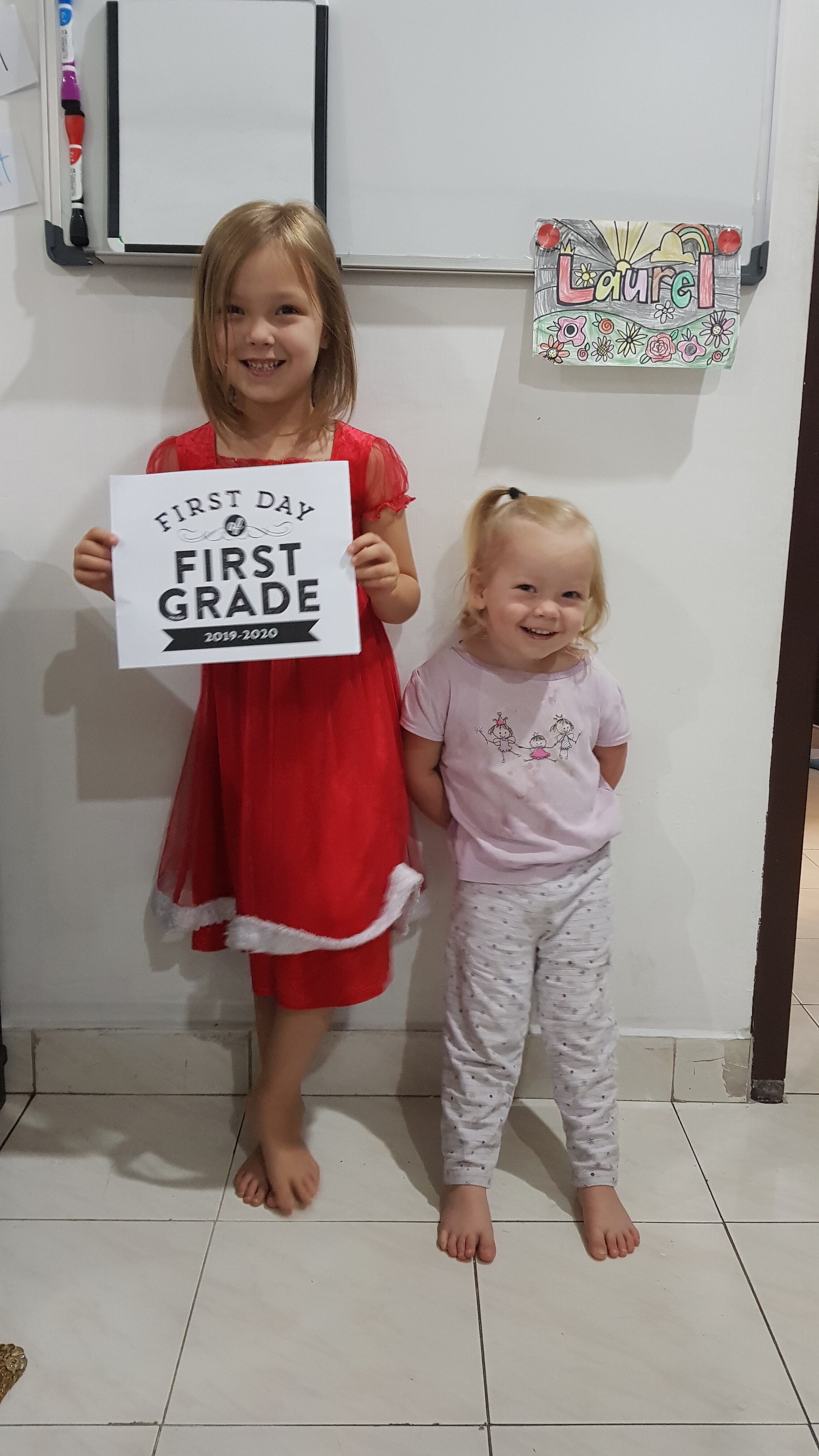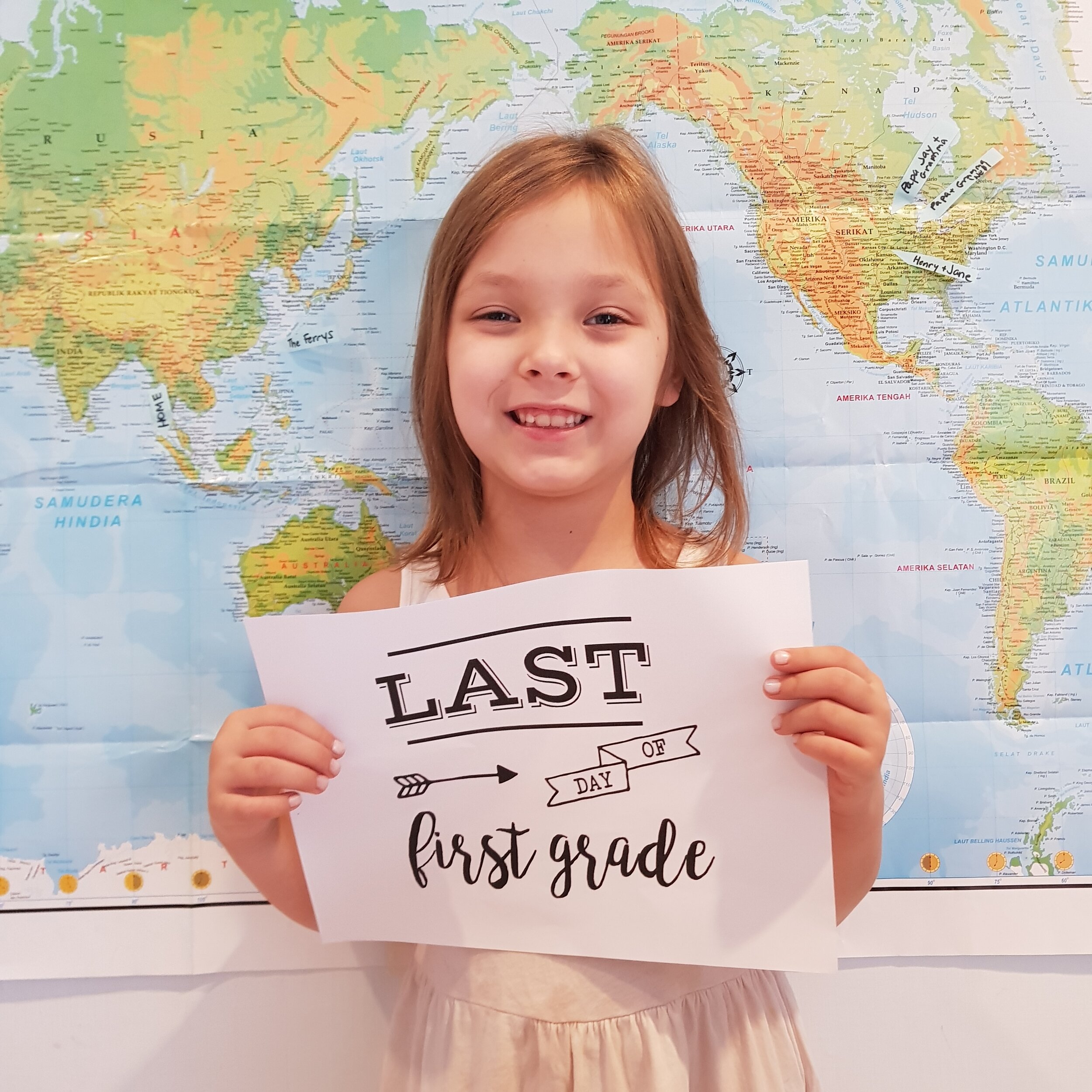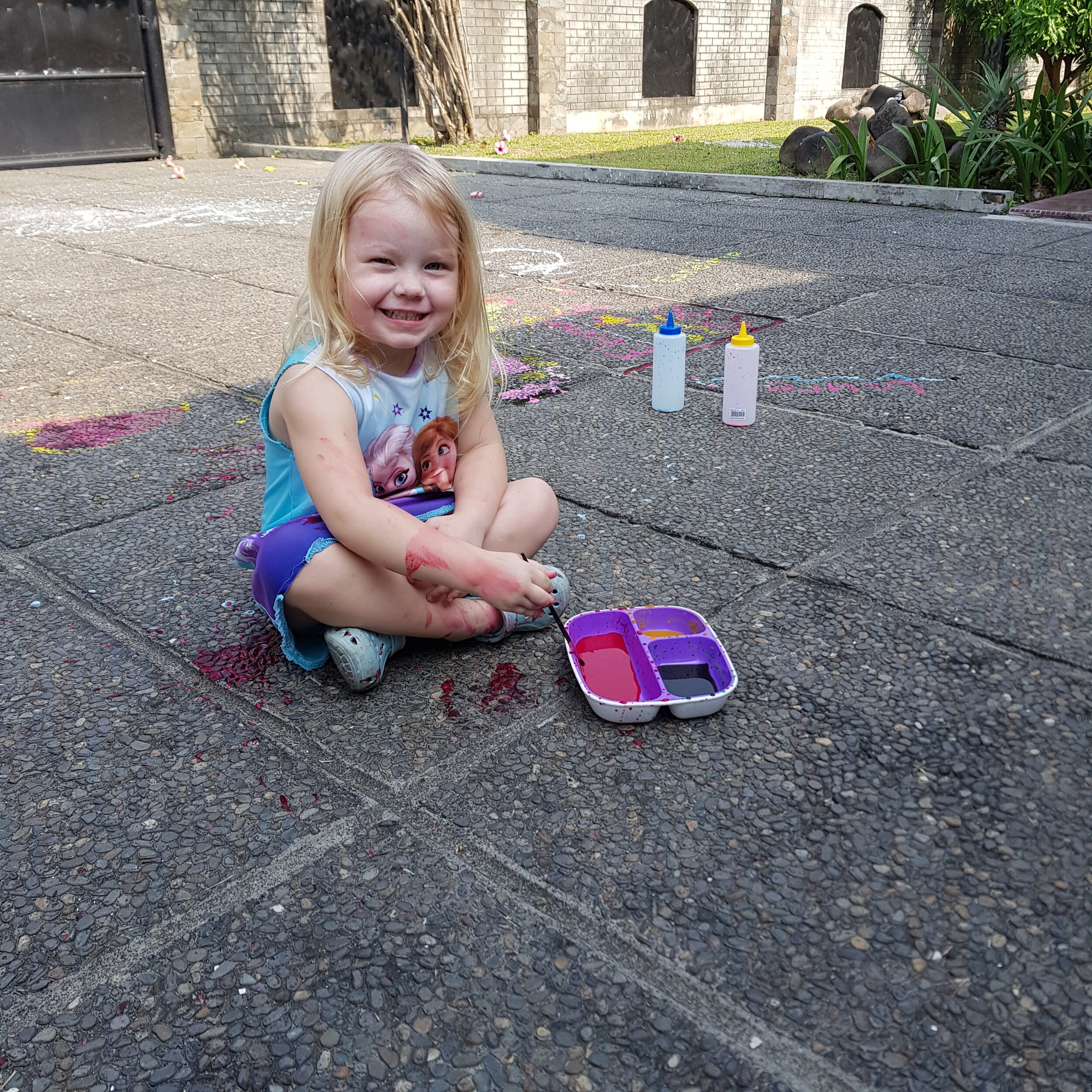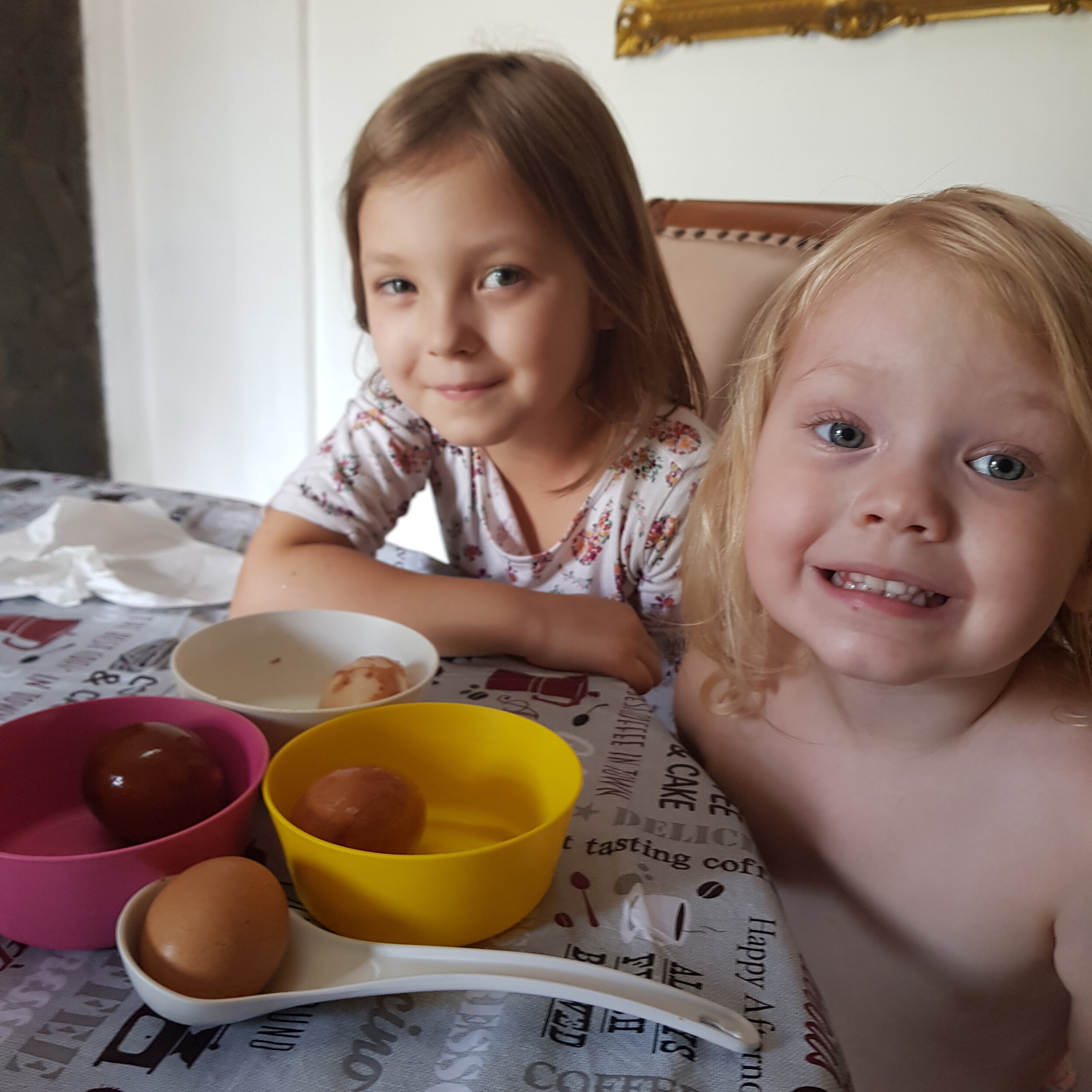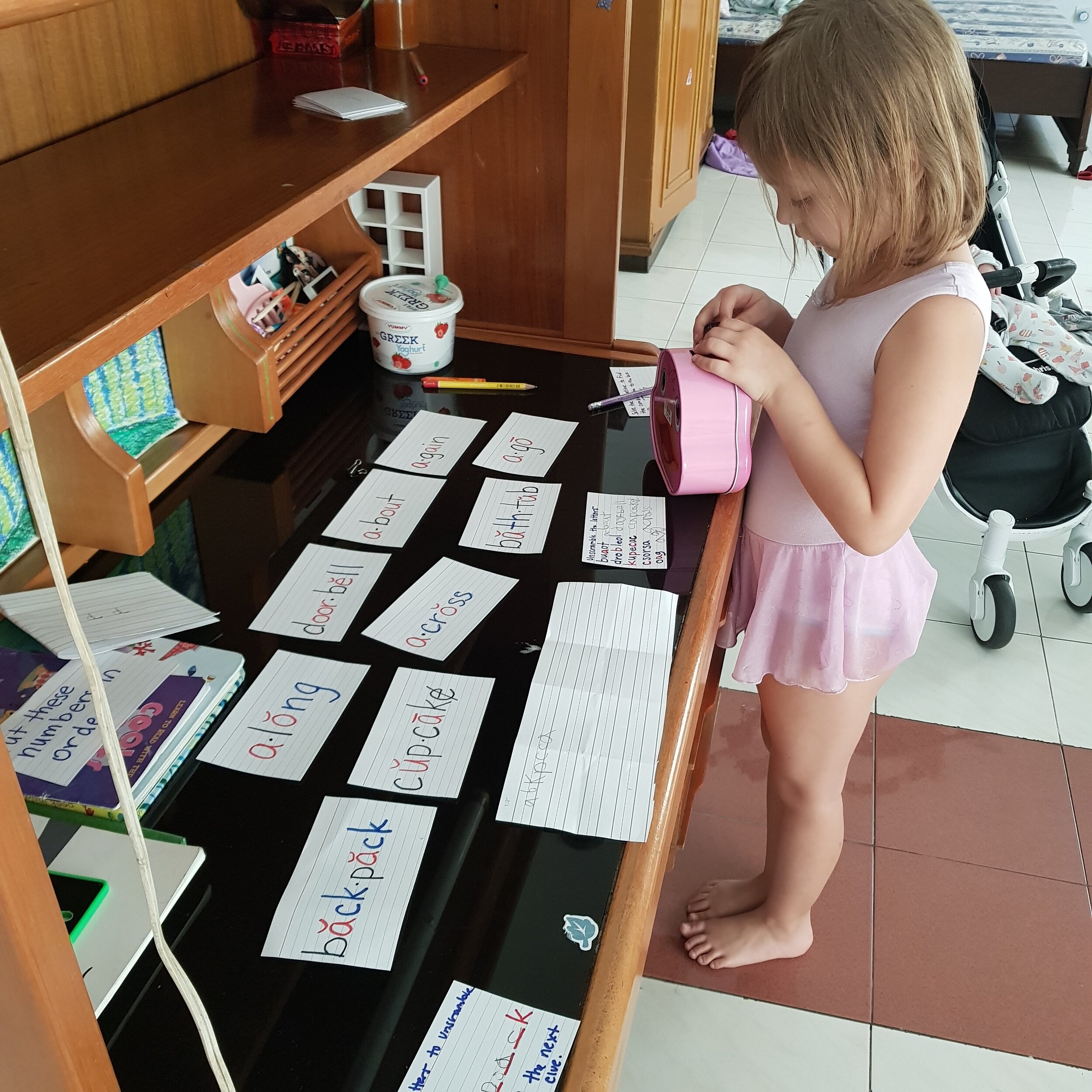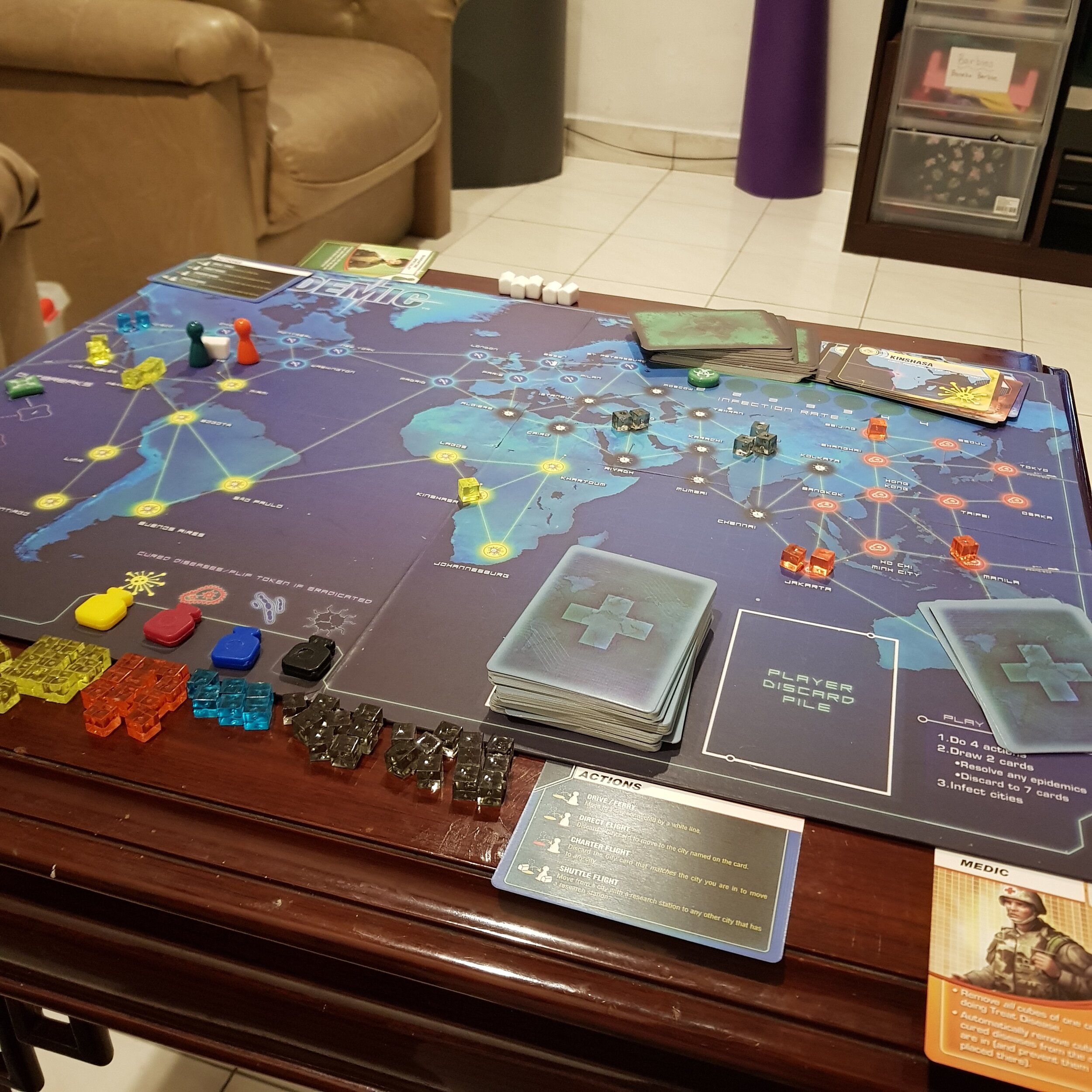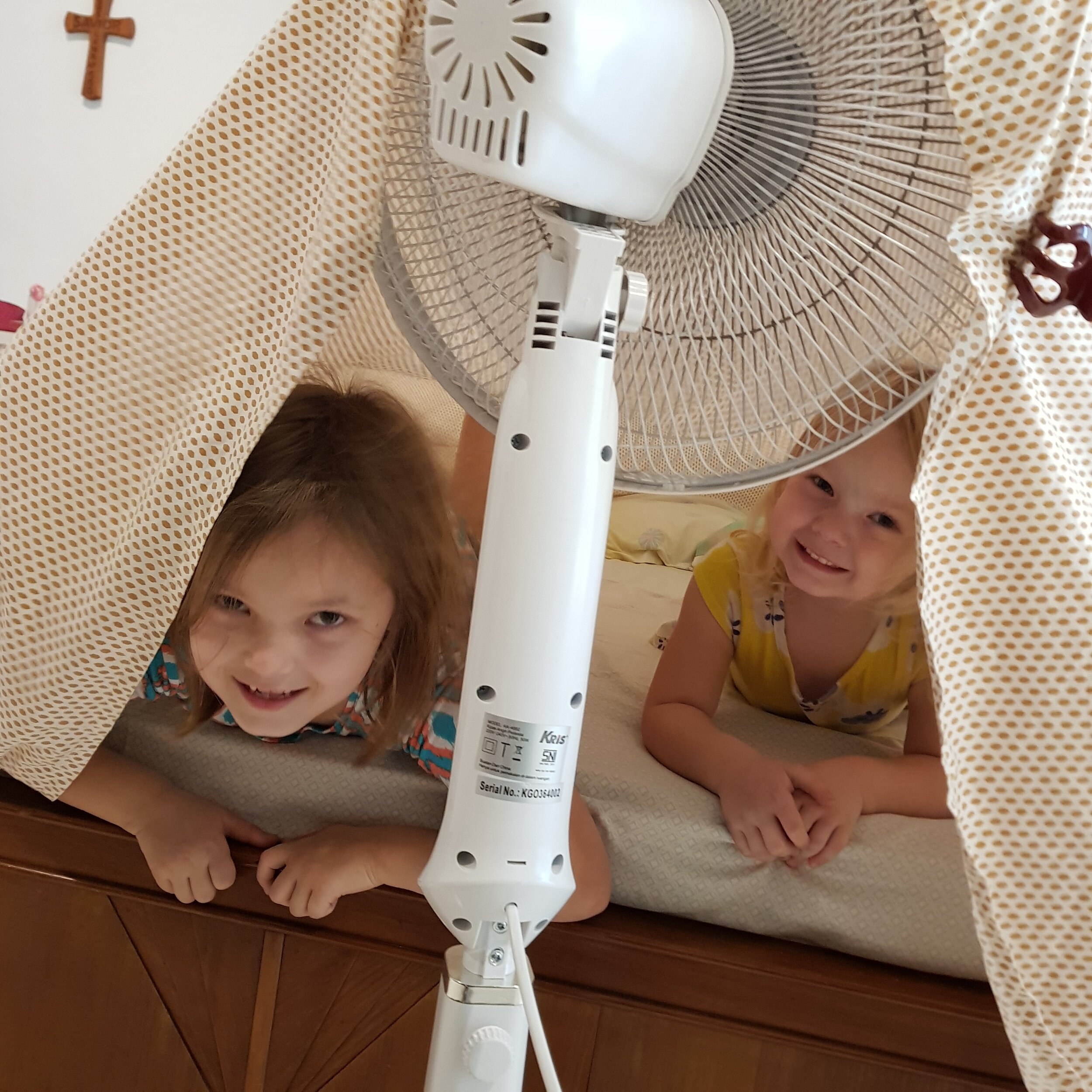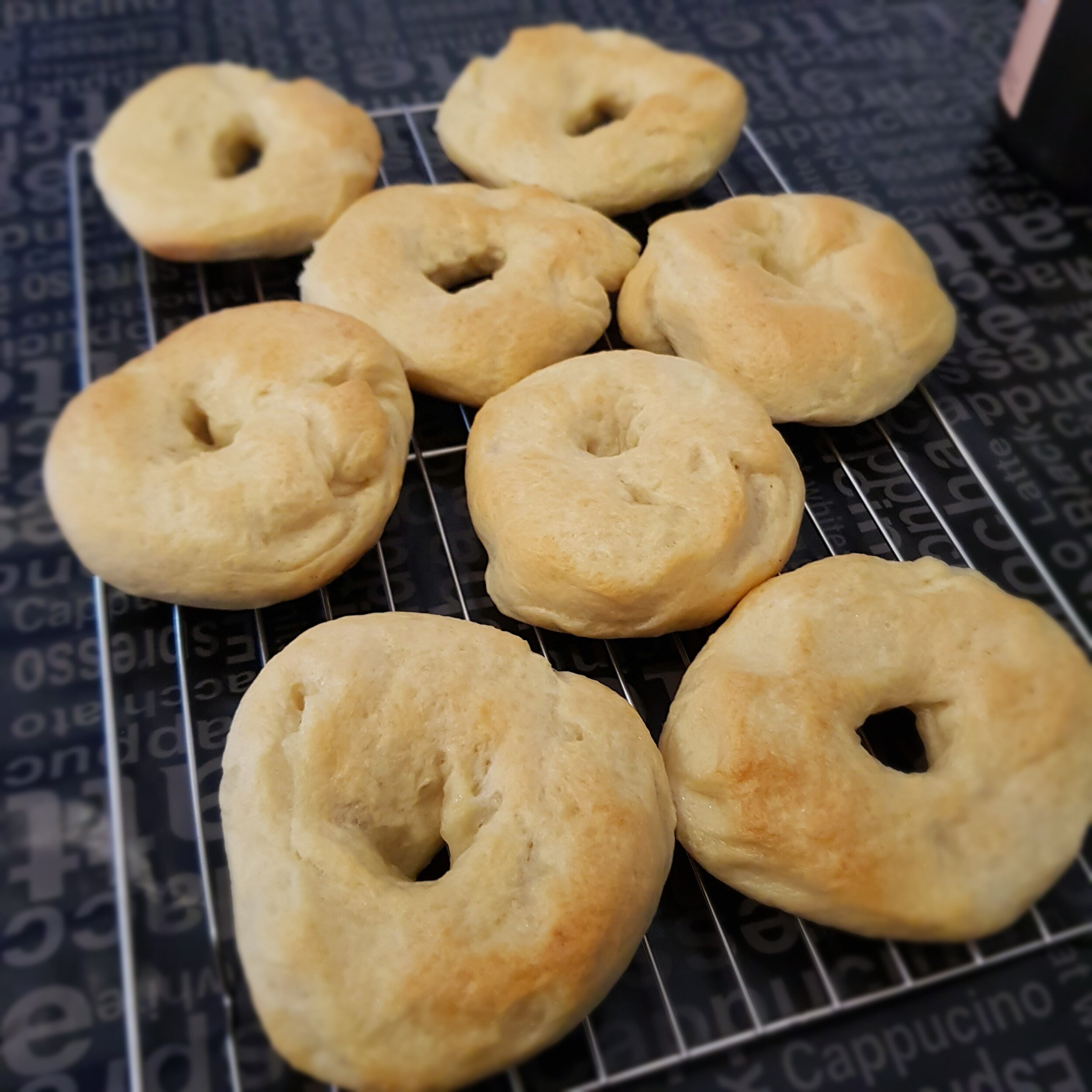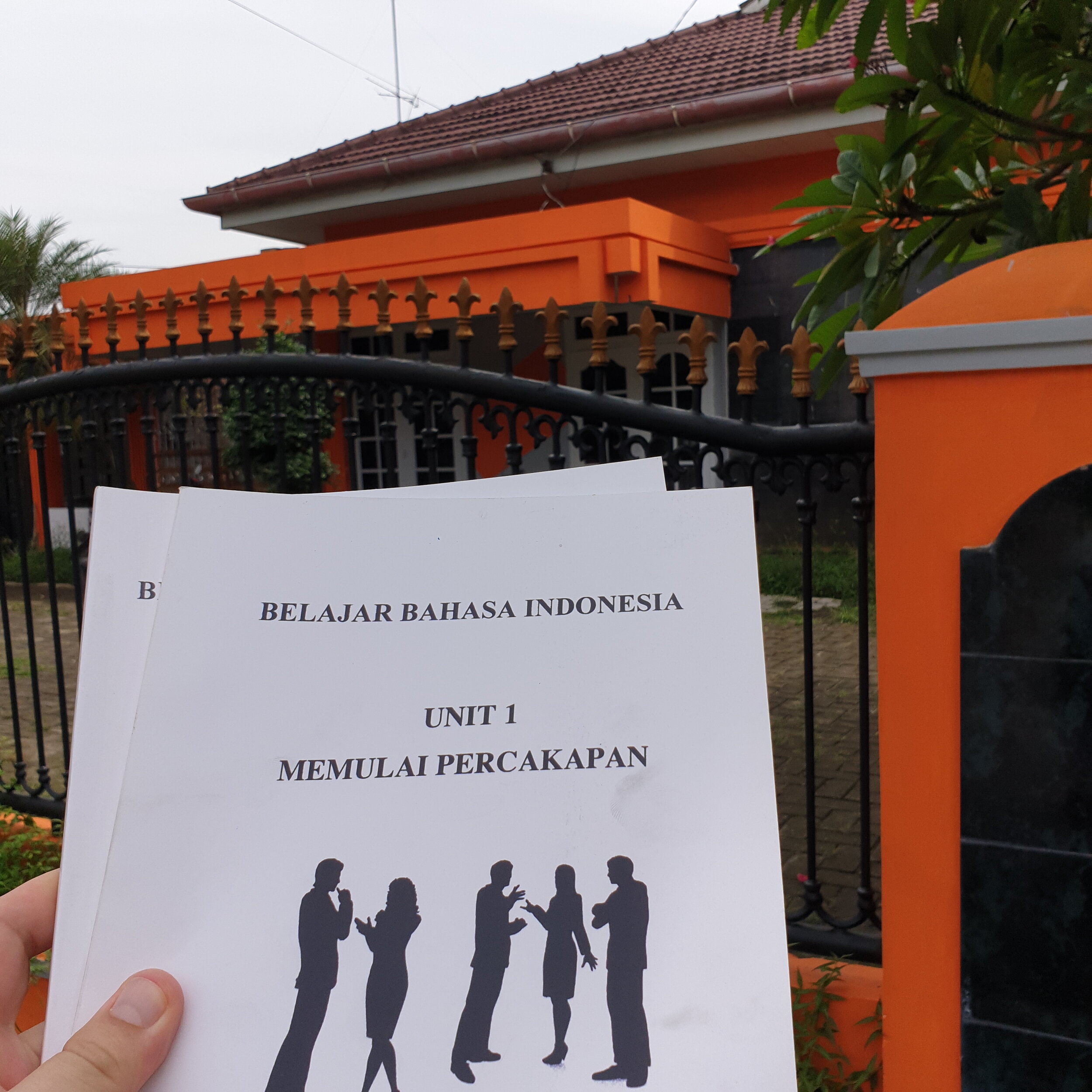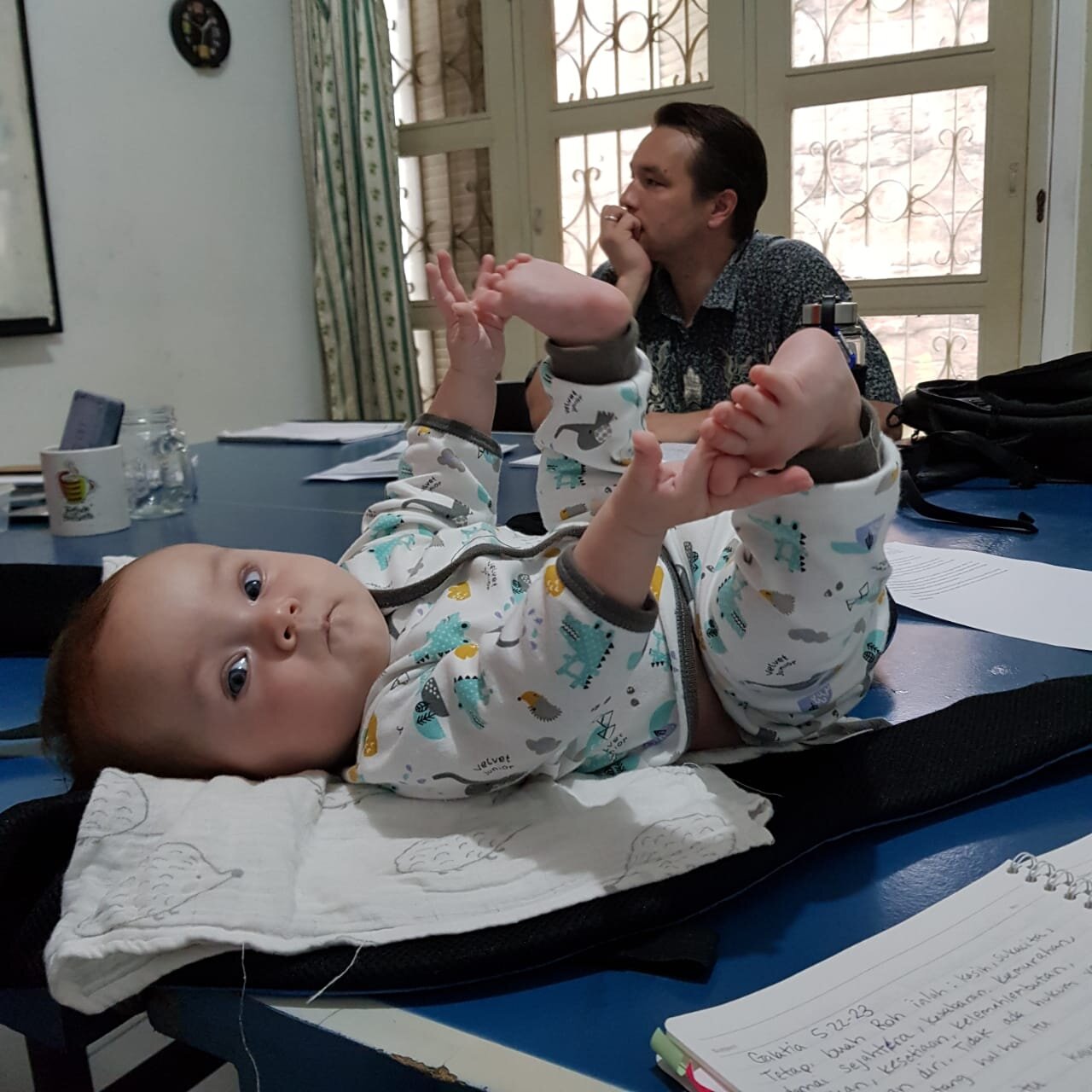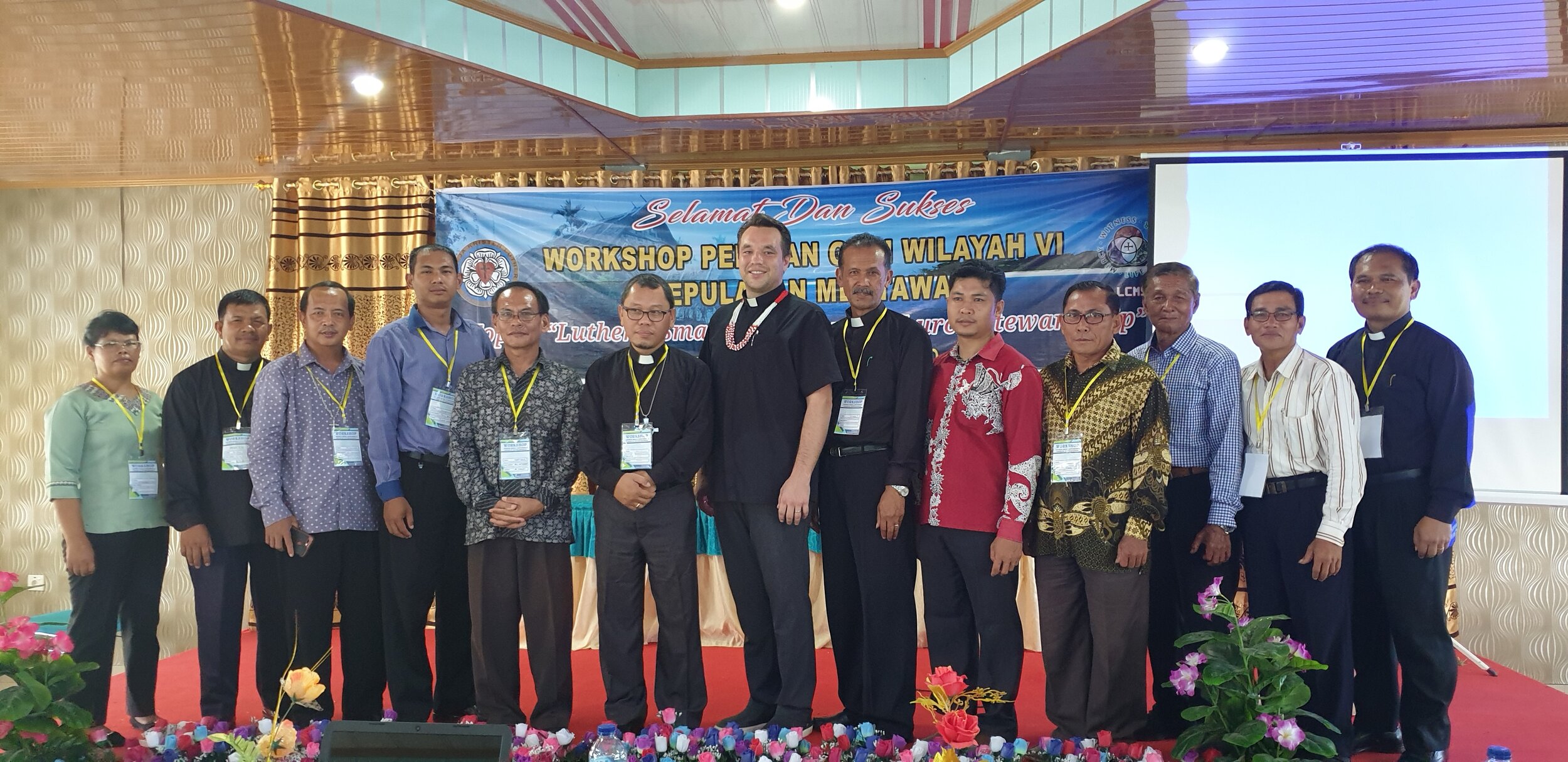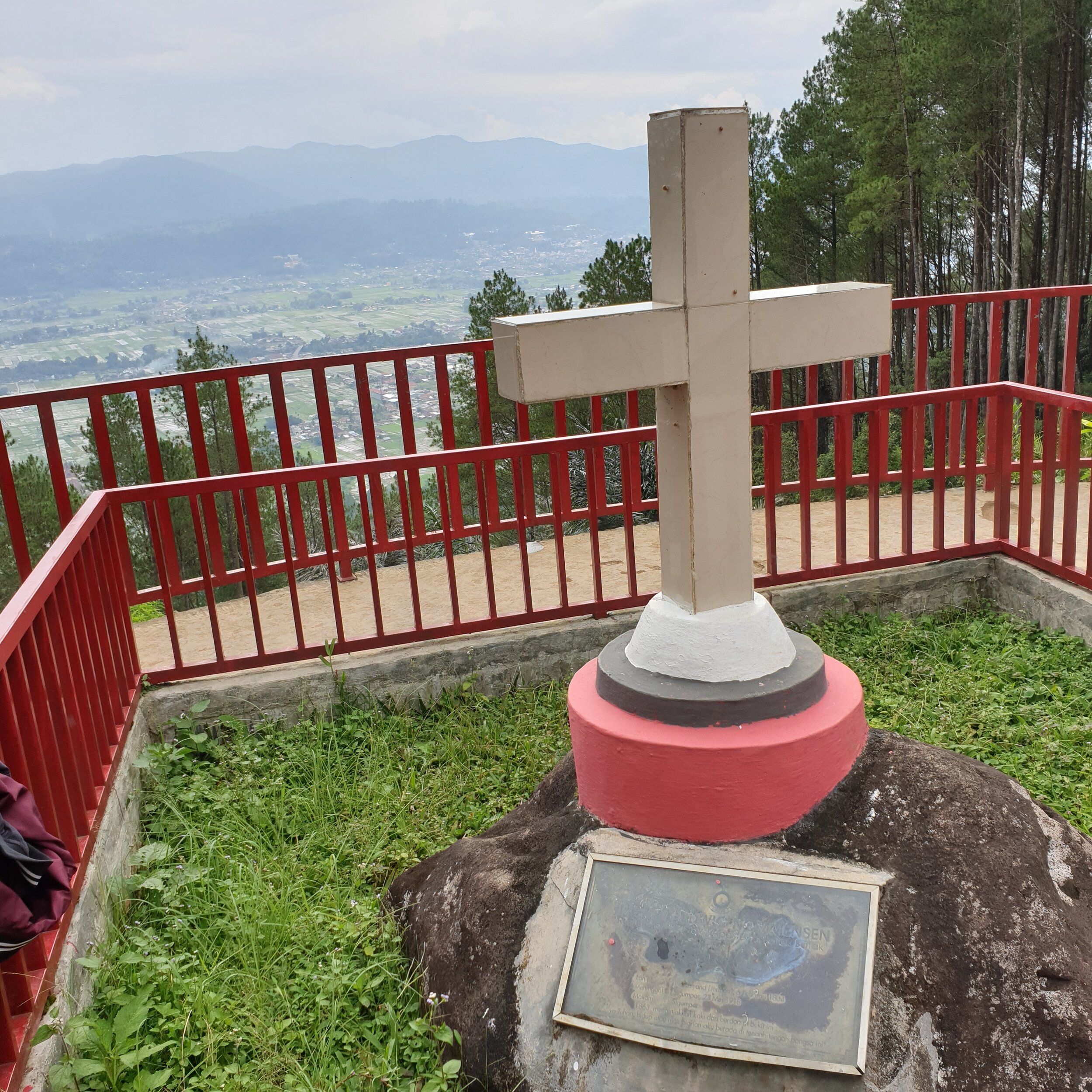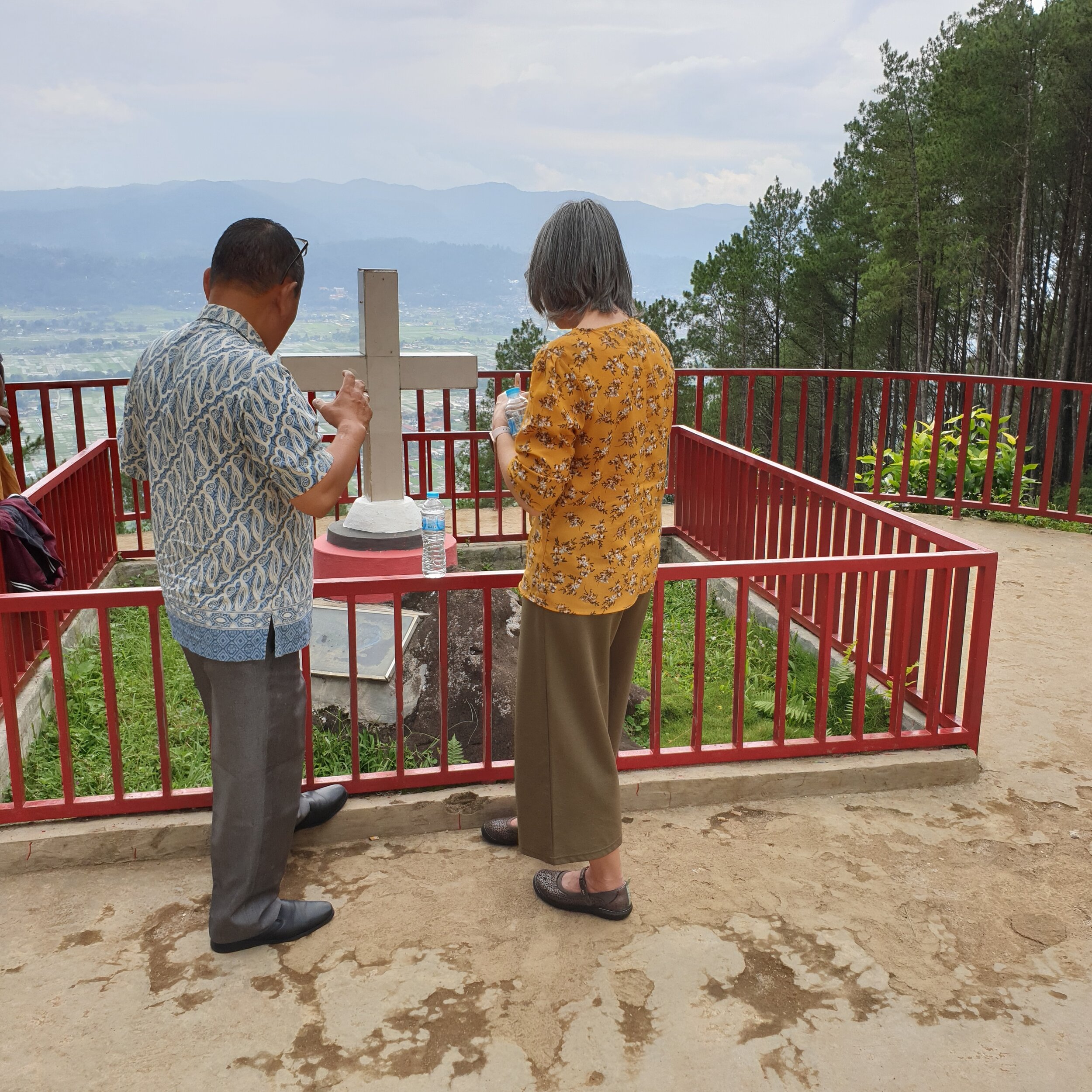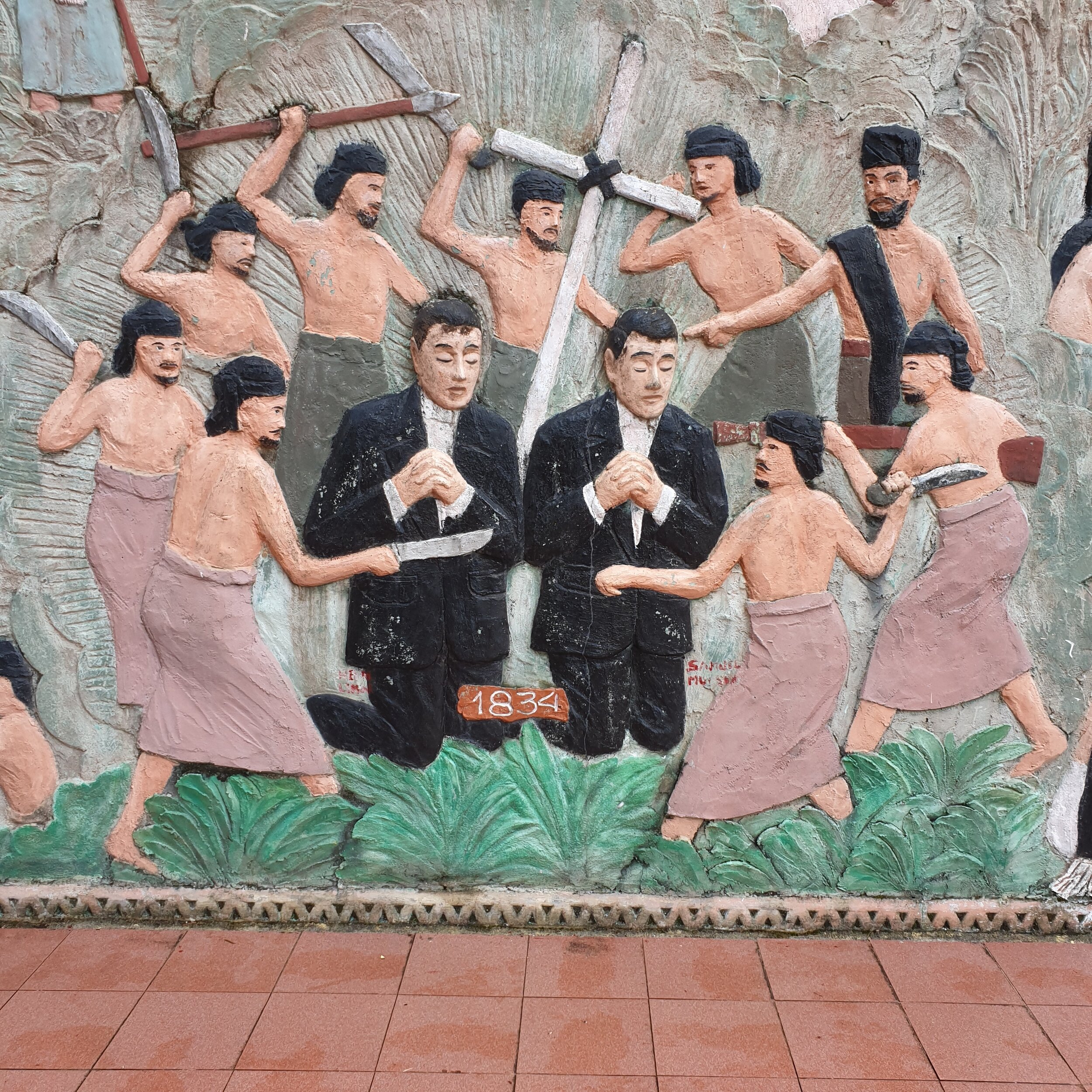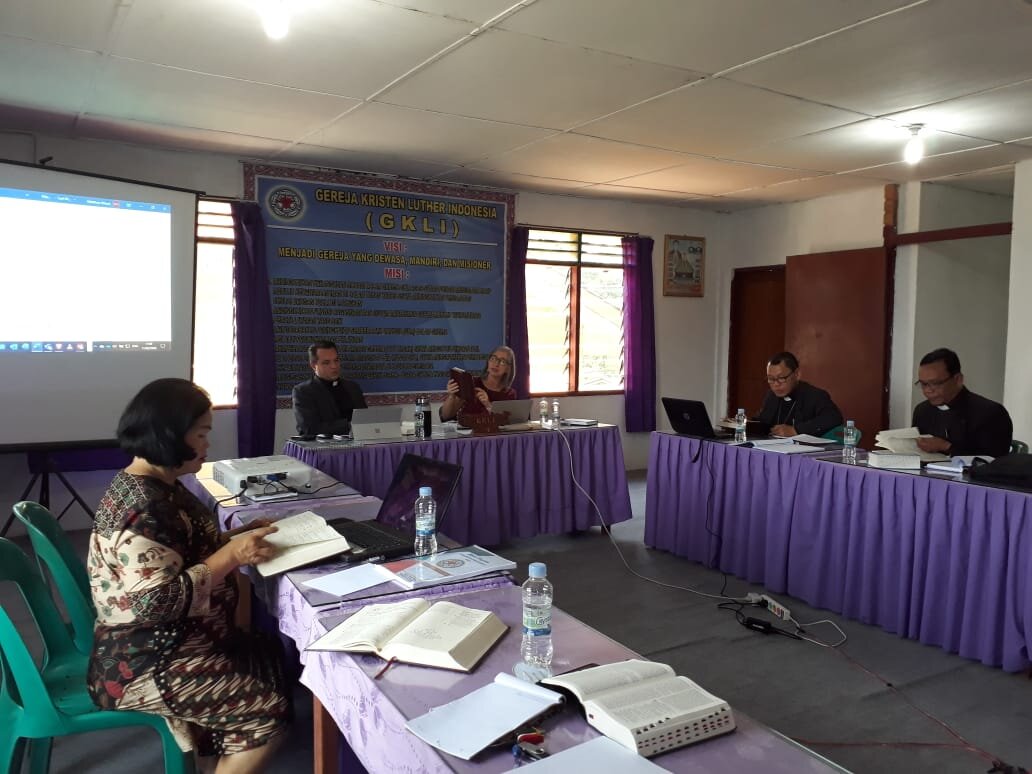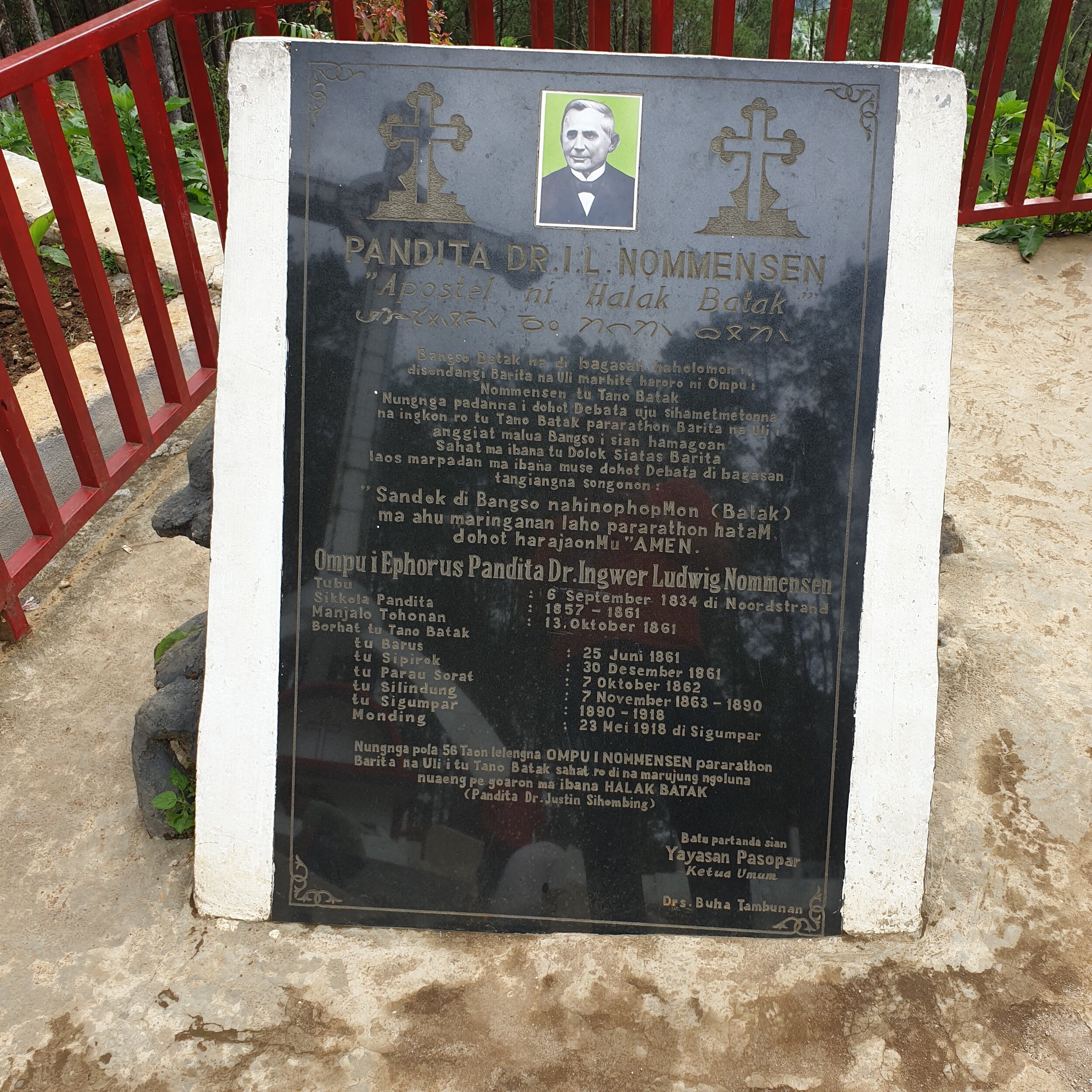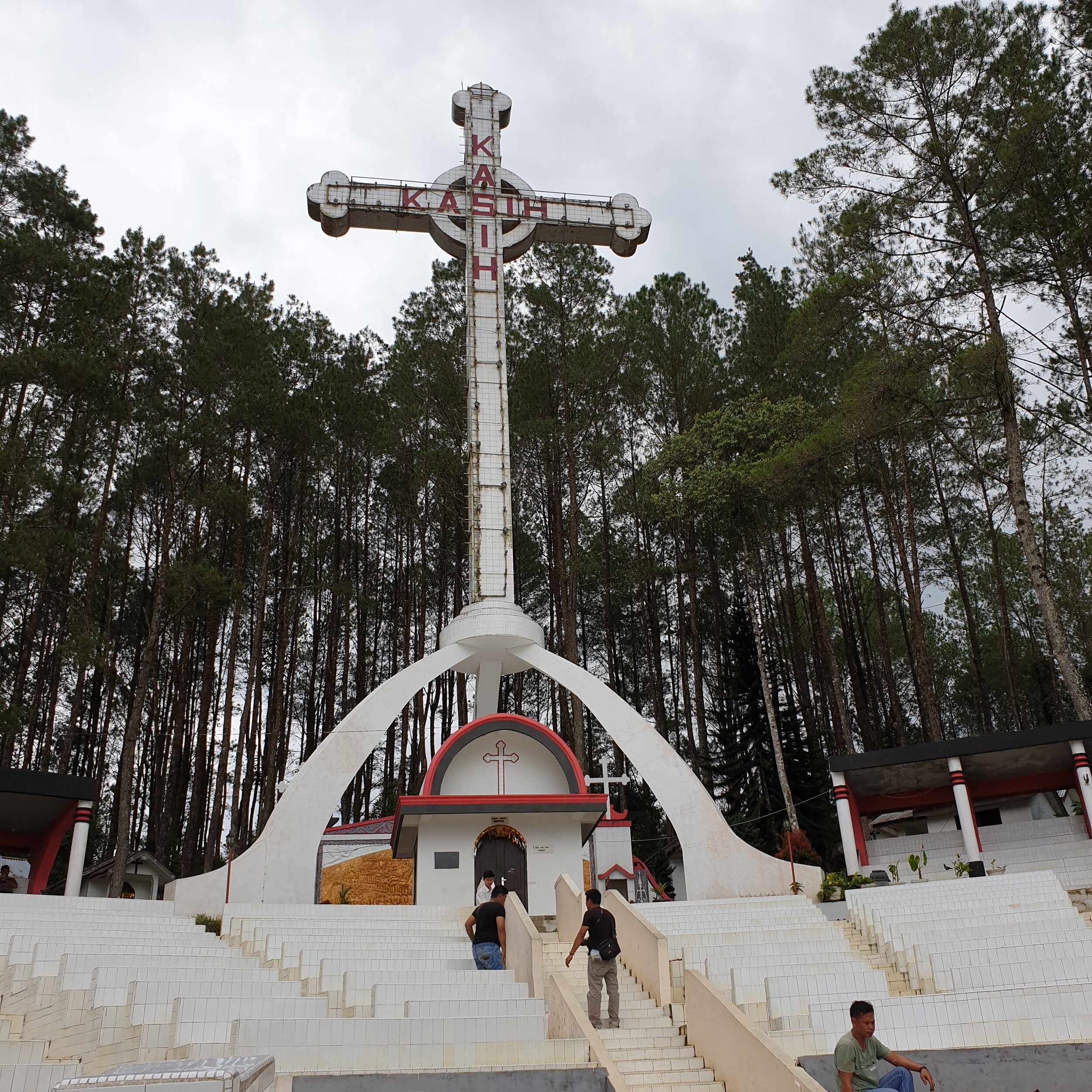While those of you in America were celebrating Thanksgiving the GKLI was conducting business at their convention, which they call a Great Synod. About 200 pastors and elders gathered to vote on leadership and decide the direction of their church body.
Pastor wood with the pastors of the GKLI at their synod convention.
On Thanksgiving day I began my travels up the mountains of Northern Sumatra. I stopped to rest beside Lake Toba on Thursday night and made the rest of the journey on Friday, arriving in time for the opening services of the convention that evening.
The theme verse of the convention was Ephesians 6:10, “Finally be strong in the Lord and in the strength of his might.” In his sermon, Bishop Sinaga reflected upon how God provided for the GKLI through the covid-19 pandemic and called on the members of GKLI not to be conformed to the world where there is no true power, but to rest in the strength of Jesus Christ who has shown his love to us through the difficult times of the pandemic. After the worship service I was invited to deliver a brief greeting from the LCMS.
From left to right: New Bishop Jon Albert Saragih, Bishop Emeritus Sinaga, Pastor Matthew Wood, Bishop Emeritus Aladin Siteo.
The following day was packed full of business. The sermon at morning worship encouraged the people to remember that God is not the God of GKLI only but the Father of all creation. Following the worship service reports were given from Bishop Sinaga and the GKLI treasurer. Then the elections began with each candidate for Bishop giving his five-year vision for the GKLI. At this point I excused myself because I did not want my presence to have any undue influence over the discussion or the elections. The elections lasted well into the night and finally at 1:00 a.m. they announced the election of a new Bishop and General Secretary.
Newly Installed Bishop Jon Albert Saragih addresses the congregation after Sunday morning worship.
On Sunday morning the pastors and elders who attended the convention joined the congregation in Sihabong-habong for worship. Bishop Emeritus Aladin Siteo preached on the centrality of repentance and forgiveness in the life of the Church. It is in this repentance and forgiveness that we receive the strength and power of God. After the service the new bishop and leadership of the GKLI were installed.
In his remarks to the congregation Bishop Saragih said that while the leadership of the GKLI has changed the Lord of the Church, Jesus Christ, has not changed. The vision of the GKLI remains the same, "To be a mature, independent, missional church.” Bishop Saragih addressed the two Bishop Emeriti requesting their help and continued cooperation and asking for forgiveness over any offences and sins committed during the election process.
Thank you for praying for the GKLI convention. The decisions made here have a huge impact on our work with the GKLI and the future of our work in Indonesia. The new leadership remains committed to their identity as Lutherans and their continued work with the LCMS. Please continue to pray for the GKLI. Pray that God would use the decisions reached at the convention to strengthen the Church and spread the Reign of Heaven.





















